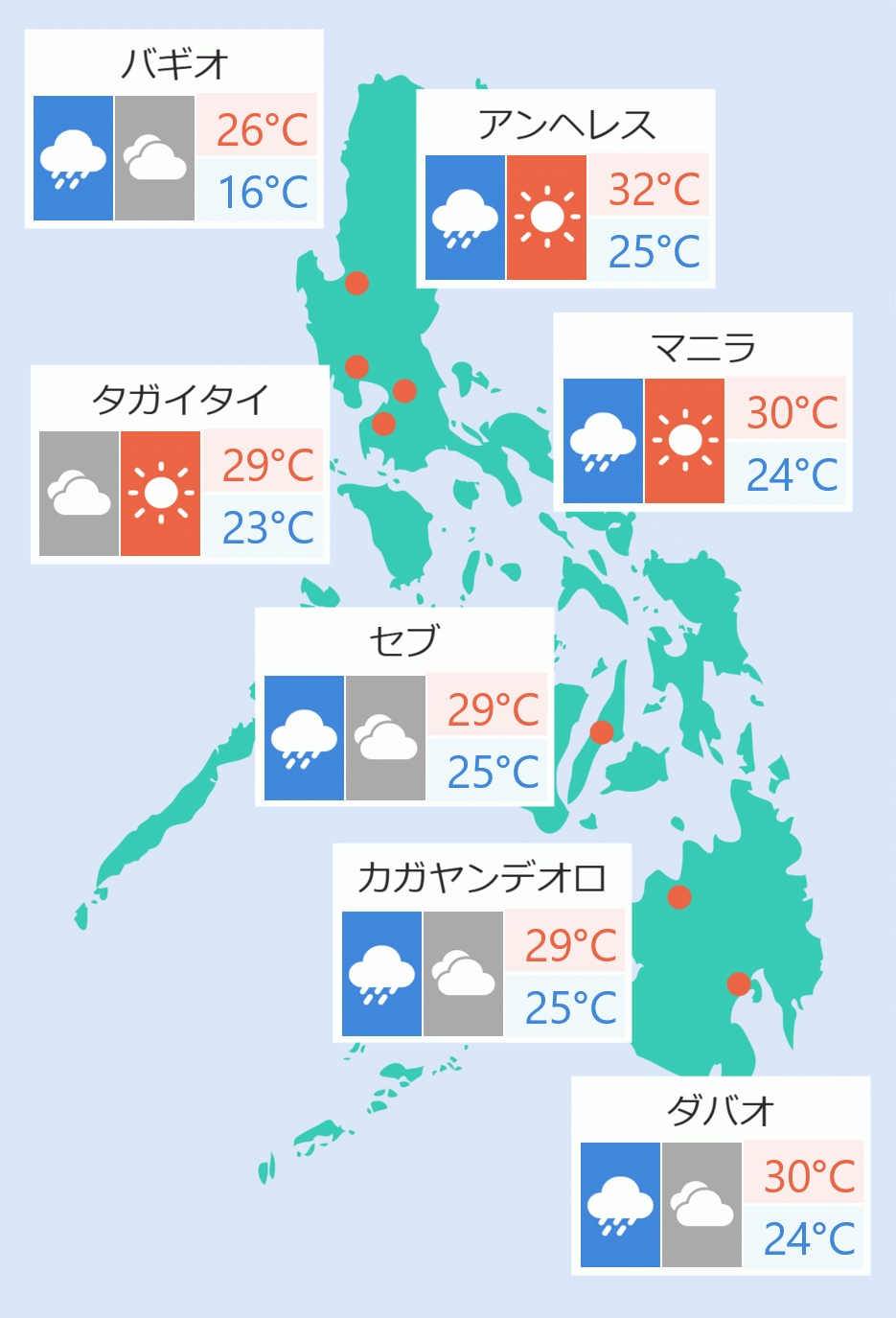The Department of Agriculture (DA) is speeding up the importation of egg-laying chickens and pushing for the Food and Drug Administration's (FDA's) immediate approval of avian flu vaccines as the country may face egg supply shortage by April.
Agriculture Secretary Francisco Tiu Laurel Jr. said the agency is taking proactive steps to prevent a potential egg shortage and price surge in the Philippines amid the global bird flu threat.
Although the Philippines has not experienced a widespread bird flu outbreak, Laurel cautioned that the country could face an egg supply shortage by April.
"In 2024, oversupply and weak demand drove egg prices down, leading many local producers to cull their layers. This significantly reduced the population of egg-laying hens, potentially impacting future supply," the agency stated.
To mitigate the risk, Laurel said the agency is expediting the importation of egg-laying chickens and pushing for immediate approval of avian influenza vaccines by the Food and Drug Administration.
It is also working to secure the P300 million requested by the National Livestock Program to fund vaccine testing, with the possibility of mass inoculation beginning as early as March.
“We still have time, so there is a chance we could avert this,” said Laurel, as he urged the financial institutions, including LandBank and the Development Bank of the Philippines, to provide funding to support the industry’s repopulation efforts
Laurel noted that the "DA’s swift action is intended to stabilize egg production and shield consumers from sharp price increases, ensuring food security in the coming months.
Due to the global bird flu outbreaks, the Philippine government has previously issued temporary bans for the importation of domestic and wild birds, as well as poultry products from different countries including Japan, New Zealand, Netherlands, France, South Dakota and other parts of the United States. Robina Asido/DMS



 日本語
日本語
 English
English








